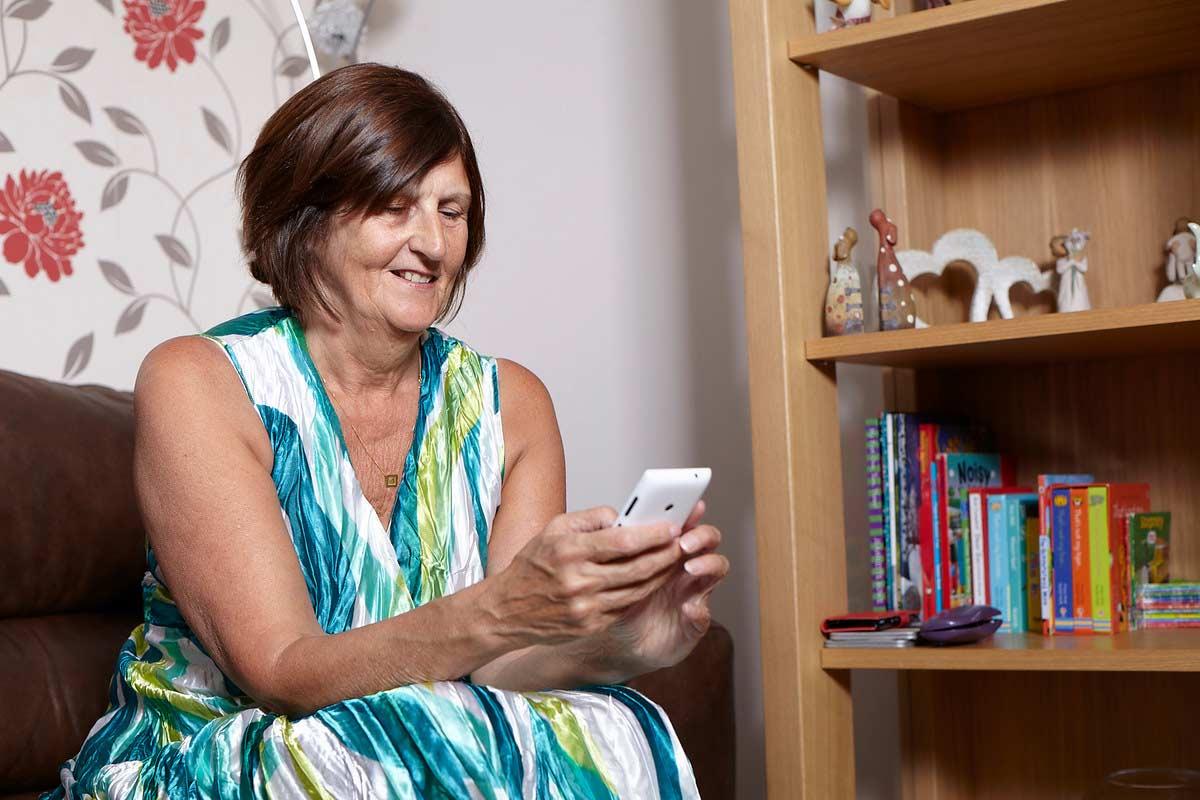- Home
- Manage my home
- Renters
- Maintenance and repairs
- DIY and how to guides
- Carbon monoxide safety

Carbon monoxide safety
Carbon monoxide (sometimes called CO) is known as a silent killer because you can’t see it, hear it, smell it or taste it. It can be caused by faulty gas boilers or other appliances that burn gas, oil, coal or wood.
What are the warning signs of carbon monoxide?
- The boiler pilot light flames are burning yellow instead of blue
- There are sooty stains on or near appliances
- There’s lots of condensation in the room
- Coal or wood fires in your home that burn slowly or go out
- You and those you live with are having flu-like symptoms (but without the high temperature). The most common symptoms are headaches, dizziness, nausea, stomach pain, difficulty breathing, vomiting, tiredness and confusion.
The longer you are exposed to the carbon monoxide leak, the worse your symptoms will be.
What should I do if I suspect carbon monoxide poisoning?
- Evacuate your home straight way – on your way out, turn off any appliances and leave windows and doors open to ventilate the building if you can
- Call 999 if anyone has symptoms of carbon monoxide poisoning
- Once you’re safe, report the incident to the gas emergency line on 0800 111 999 and then to us on 0345 141 4663
- Don’t go back inside the building until it’s been checked by a professional
How can I reduce the risk of carbon monoxide poisoning?
- Allow us to access your home for annual gas safety checks (you should receive a letter from us about 12 weeks before this is due). We’ll check your carbon monoxide alarm is working and that it’s within its expiry date
- Although we visit to test it annually, you should also test your carbon monoxide detector every week
- If any detectors aren't working in your home, call us on 0345 141 4663 to report this straight away
Find out more about carbon monoxide poisoning on the NHS website.

Report a repair
Tell us about the problem you’d like to fix using our simple online decision tool.

Do you have an emergency?
Emergencies are situations that are potentially dangerous or a serious risk to health. Find out how to contact us in an emergency.